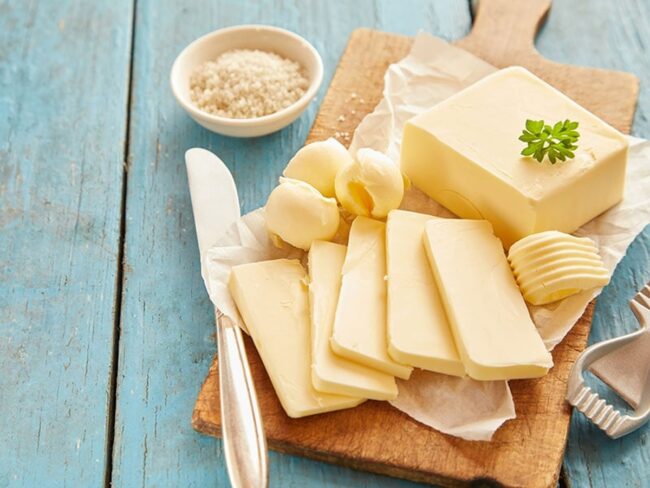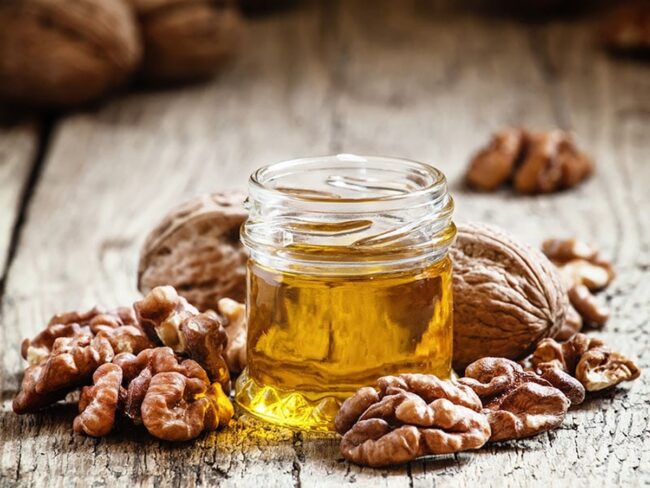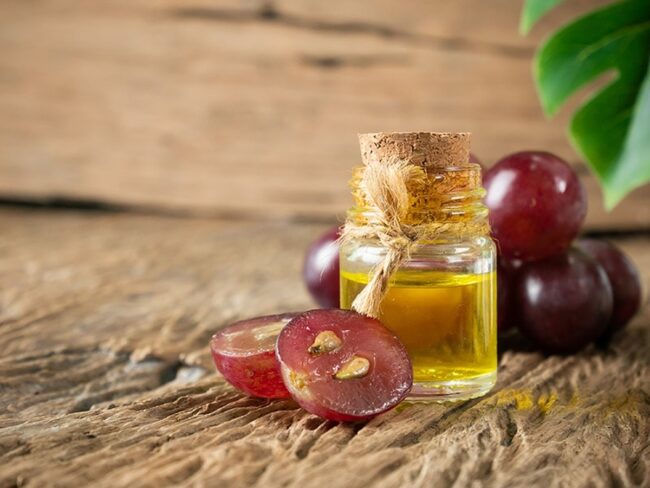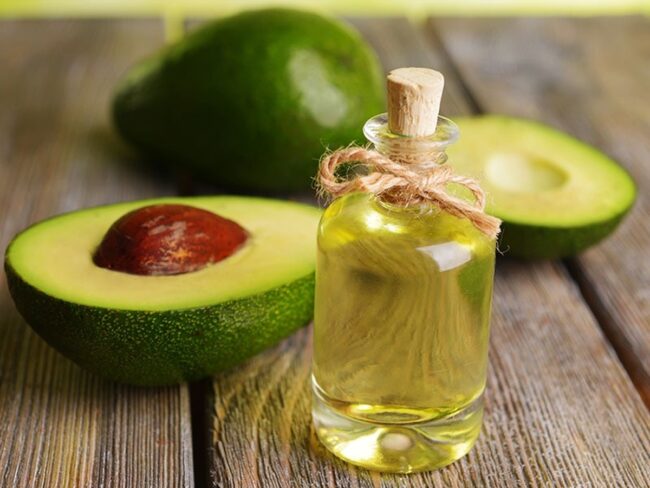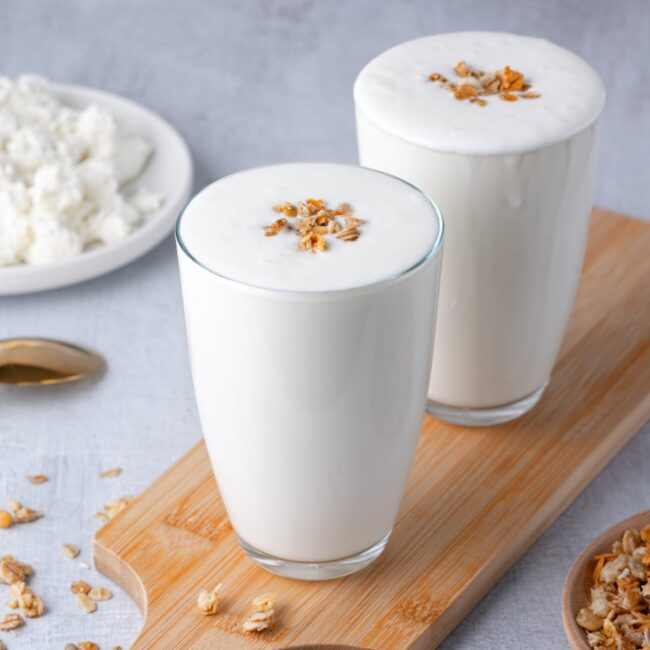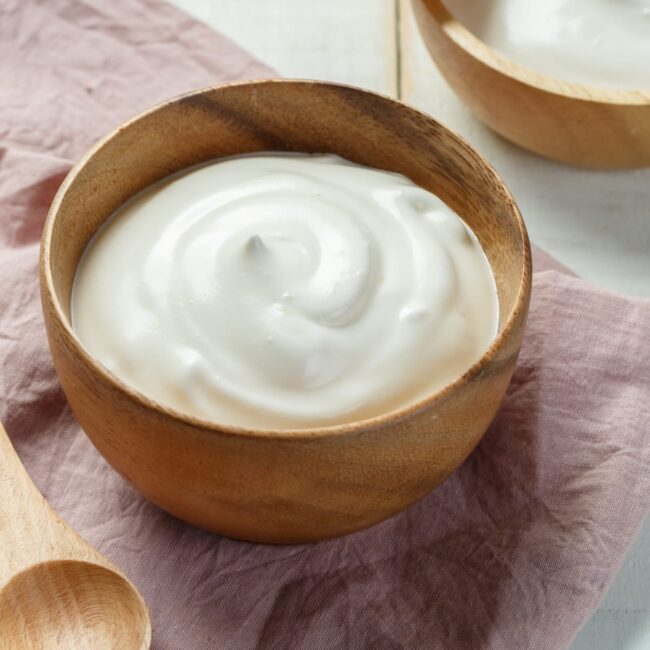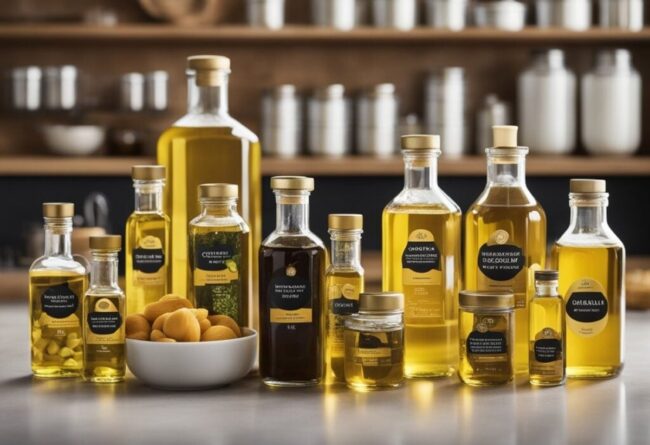7 Versatile Vegetable Oil Substitutes for Everyday Cooking
Vegetable oil substitutes provide a variety of options for healthier cooking without sacrificing texture or flavor. Some alternatives offer a neutral taste, while others add a subtle richness.
The best choice depends on the recipe, whether it's for frying, baking, or sautéing. A few options enhance moisture in baked goods, while others help achieve the perfect crisp.
Certain substitutes bring extra nutrients, making them a great swap for everyday meals. Here are 7 excellent vegetable oil substitutes that will keep your dishes light and flavorful:
Understanding Alternatives to Vegetable Oil
Explore different substitutes for vegetable oil and their culinary uses.
Why It’s Good for Your Health
Healthy cooking oils are essential for a nutritious diet, offering numerous benefits over traditional vegetable oil. Olive oil stands out as an excellent choice, packed with heart-healthy monounsaturated fats that can lower bad cholesterol and support cardiovascular health.
Avocado oil also deserves attention; it's rich in beneficial fats and antioxidants that further enhance your wellness journey. Coconut oil has gained popularity due to its medium-chain triglycerides (MCTs), which may assist in weight management while providing a quick energy boost.
Swapping these healthier alternatives into your meals not only enhances flavor but significantly contributes to better overall health outcomes too.
How It Tastes
Exploring vegetable oil substitutes opens up a world of flavors that can truly enhance your cooking. Each option brings its own unique taste and benefits, making meal preparation exciting.
Choosing the right substitute based on these profiles allows you to enrich your culinary creations effortlessly.
Different Ways to Use in Cooking
Vegetable oil substitutes provide a versatile way to enhance your cooking while catering to specific methods. Understanding the properties of each alternative allows you to tailor your dishes for optimal results, whether you're sautéing, baking, or frying.
For instance, oils like avocado have higher smoke points and are perfect for high-heat applications compared to olive oil. Incorporating diverse oils not only boosts nutritional value but also introduces unique flavors that can transform everyday meals into something special.
Embracing these options opens up a world of culinary creativity in your kitchen.
Most Common Cooking Oil Alternatives
Find the best oil substitutes for different types of cooking, from frying to sautéing.
Butter and Ghee
Butter and ghee serve as excellent alternatives to vegetable oil in various recipes. This rich dairy duo not only enhances the flavor but also contributes a creamy texture that elevates your culinary creations.
When substituting, you can use them in equal amounts to replace the vegetable oil specified in your recipe for consistent results. Ghee stands out with its nutty aroma, making it an ideal choice for dishes where deeper flavors are desired.
While both options add depth and richness, those mindful of saturated fats should consider their usage carefully since they contain higher levels than many oils do.
Nut Oils
Nut oils serve as an exciting alternative to traditional vegetable oil, offering unique flavors that can enhance various dishes. Almond, walnut, and hazelnut oils not only contribute their distinct tastes but also elevate your culinary creations when used thoughtfully.
These oils are particularly effective in dressings or finishing touches where their rich profiles shine through best. Since nut oils have a high smoke point, caution is necessary during cooking to avoid burning them.
Replacing vegetable oil with equal parts of any nut oil allows you to infuse new depth into your favorite recipes seamlessly. With these options at hand, every meal becomes an opportunity for flavor exploration and enhancement.
Seed Oils
Seed oils serve as excellent alternatives to vegetable oil, each bringing its unique flavor and culinary benefits. Sunflower oil stands out with its light taste, making it perfect for both cooking and baking without overpowering other ingredients.
Grapeseed oil shines in versatility; its mild flavor combined with a high smoke point makes it ideal for sautéing or stir-frying various dishes. Flaxseed oil introduces a robust nutty essence that enhances dressings and sauces when used as a finishing touch.
Incorporating these oils into your recipes is straightforward since you can substitute them in equal parts for vegetable oil, allowing seamless integration into your cooking routine.
Fruit-Based Oils
Fruit-based oils serve as fantastic substitutes for vegetable oil, offering unique flavors and health benefits. Olive oil stands out with its distinct taste that enhances dishes while promoting wellness; lighter varieties work well in baking, whereas robust ones shine in savory recipes.
Avocado oil boasts a neutral flavor profile alongside a high smoke point, ideal for grilling or roasting various ingredients. Coconut oil adds richness to both sweet and savory dishes, making it an easy 1:1 replacement when frying or baking.
As you explore these options, you'll discover how each one influences your cooking's final outcome and texture.
Best Oil Replacements for Baking
Need an alternative to butter or oil in baking? These substitutes keep your treats moist and delicious.
Fruit Purees
Fruit purees serve as a fantastic alternative to vegetable oil in various baked delights, offering both moisture and natural sweetness. Applesauce stands out for its ability to enhance flavor while promoting healthier baking practices.
When opting for this substitute, using the same quantity of applesauce as oil ensures your cake retains its moist texture. Mashed bananas also make an excellent choice; their distinct taste can elevate your treats while providing added density.
Adjusting the cooking time slightly may be necessary when incorporating these purees into recipes, allowing you to achieve perfect results without compromising on quality or health benefits.
Buttermilk
Buttermilk serves as a fantastic alternative in baking, lending both a tangy flavor and enhancing the tenderness of your treats. This unique ingredient works particularly well when you want to replace vegetable oil in recipes such as cakes and muffins.
Utilizing buttermilk at a three-to-four ratio not only transforms your baked creations but also introduces an interesting twist with its slight acidity, which can complement various flavors beautifully. While experimenting with this substitute, keep an eye on the baking time, since it may affect how long things need to cook through.
You might find that this addition elevates your usual favorites into something distinctively memorable without extra fuss or complicated steps. Incorporating buttermilk opens up new avenues for creativity in your kitchen adventures while enriching each recipe’s character.
Yogurt
Yogurt serves as an excellent substitute for vegetable oil in baking, infusing your treats with moisture and a creamy texture. This ingredient stands out especially when using Greek yogurt, which boosts protein levels while ensuring the right consistency in your recipes.
Regular yogurt is also effective but may impart a slight tanginess that adds depth to flavors. Pay attention to the fat content; opting for non-fat varieties could lead to a firmer outcome than desired.
Adjusting cooking times might be necessary since yogurt can alter how heat interacts with other ingredients during baking.
Cooking Techniques and Oil Smoke Points
Understand the importance of smoke points in cooking and choosing the right oils.
Best Oils for High Heat Cooking
When you engage in high-heat cooking methods like frying or stir-frying, selecting the right oil is crucial. Oils that can withstand elevated temperatures without deteriorating are essential for effective and safe cooking.
Here are some excellent choices to consider:
Opting for these oils not only enhances your culinary creations but also promotes healthier eating habits with their lower saturated fat content.
Best Oils for Low Heat Cooking
Understanding smoke points is essential when selecting the right oils for your cooking. Oils with low smoke points work best at lower temperatures, enhancing flavors without breaking down and creating harmful substances.
Here are some notable options to consider:
Opting wisely ensures you maximize both health benefits and culinary experiences while enjoying your meals safely.
Nutritional Insights on Oil Substitutes
Learn about the health implications of using various oil alternatives.
Comparing Saturated and Unsaturated Fats
Understanding oil substitutions in cooking can significantly enhance your dishes. Different oils contain varying types of fats, which play crucial roles in health and flavor.
Omega Fatty Acids in Oils
Omega fatty acids play a crucial role in maintaining overall health, with omega-3 and omega-6 being essential polyunsaturated fats your body needs. Known for their anti-inflammatory properties, omega-3 fatty acids help reduce the risk of heart disease and can be found abundantly in flaxseed oil and walnut oil.
While omega-6 is also beneficial, an excess compared to omega-3 may lead to inflammation-related issues such as heart disease or even cancer; common sources include corn oil and sunflower oil. Striving for a balanced intake of these fatty acids is key; incorporating oils like olive or canola ensures you maintain that healthy ratio while benefiting from their unique nutritional profiles.
This thoughtful approach helps optimize your diet effectively.
Vitamins and Antioxidants in Oils
Substituting vegetable oil opens up a world of healthier options that can enhance your recipes while boosting their nutritional profile.
Certain oils, particularly those that are cold-pressed or unrefined, carry an abundance of antioxidants and vitamins beneficial for your health.
For instance, extra virgin olive oil and avocado oil not only provide rich flavors but also supply vitamin E, known for its protective properties against free radicals linked to aging and various diseases.
Selecting alternatives like almond oil or these two favorites ensures you’re making choices packed with vital nutrients that support overall well-being in every dish you create.
Reading Labels: Different Types of Oils
Get tips on how to read oil labels and choose the best types for your needs.
Refined vs. Unrefined Oils
Refined oils are processed to eliminate impurities, leading to a neutral flavor profile that works well in diverse cooking techniques like frying and baking. Common varieties include canola oil, sunflower oil, and vegetable oil, making them versatile staples for any kitchen.
Unrefined oils maintain their natural taste and nutrients, providing a robust nutty essence that enhances specific dishes beautifully. Extra-virgin olive oil stands out as an unrefined favorite with numerous health benefits alongside its rich flavor.
Using these oils thoughtfully can elevate your culinary creations while supporting healthier eating habits.
Reading Fat Content on Labels
Understanding oil labels is essential since the fat content significantly affects your cooking outcomes.
Selecting an alternative to vegetable oil requires careful attention to its fat composition and heat stability for optimal results in your dishes.
Choosing a suitable substitute allows you to maintain flavor while promoting healthier meal options.
This consideration ensures that each recipe meets both taste expectations and nutritional goals, enhancing overall satisfaction with your culinary creations.
Oil Substitutes for Dressings and Marinades
Discover suitable oil alternatives for making dressings and marinades.
Using Vinegar and Citrus for Flavor
Salad dressings and marinades can be much more exciting with the right ingredients. Instead of sticking to just vegetable oil, consider using vinegar and citrus juice for a refreshing twist. These acidic options not only enhance flavor but also help tenderize proteins, making your meals more enjoyable.
When it comes to citrus juices:
Mixing vinegar and citrus together creates a delightful dressing. Start with equal parts of each ingredient and adjust as you like; you'll find the balance suits your palate perfectly.
Creamy Ingredients to Replace Oil
Creamy dressings can be enjoyed without oil, and various substitutes deliver that rich texture you crave. Consider these alternatives:
These options ensure you enjoy satisfying textures in every dish without compromising on health goals.
Oils Infused with Herbs
Herb-infused oils provide an exciting way to enhance dressings and marinades while steering clear of traditional vegetable oils. These aromatic concoctions transform simple recipes into flavorful experiences, inviting you to explore a world of taste right from your kitchen.
Begin by selecting a quality base oil, such as olive or avocado, paired with fresh herbs like basil or rosemary for that extra zing. Gently heating the mixture helps draw out the natural flavors without compromising their integrity; strain it once cooled for optimal use in your culinary creations.
With endless herb combinations at your fingertips, each infusion allows you to customize dishes effortlessly while maintaining high-quality taste and nutrition in every drizzle.
Environmental and Ethical Aspects of Oil Choices
Consider the environmental and ethical factors when selecting cooking oils.
How Oil Production Affects the Planet
Exploring alternatives to vegetable oil opens the door to a range of environmentally friendly options. Sustainability stands out as a critical factor when evaluating different oils, especially given the environmental impact associated with certain types like palm oil.
The cultivation of palm trees often leads to deforestation and endangers wildlife habitats, which raises significant concerns about biodiversity loss. In contrast, olive oil tends to be produced using methods that minimize synthetic chemical use, making it more eco-conscious.
Sourcing coconut oil from organic farms provides another sustainable option worth considering; look for certifications such as Fair Trade or Rainforest Alliance for assurance on responsible practices in farming and production.
Farming and Global Oil Supply
The cultivation of vegetable oils carries significant consequences for global agriculture. The extensive farming of oil crops like palm oil often results in several challenges.
To lessen the negative effects linked with traditional oil production, opting for alternatives such as locally sourced olive or sunflower oils helps reduce your environmental impact while supporting ethical practices.

